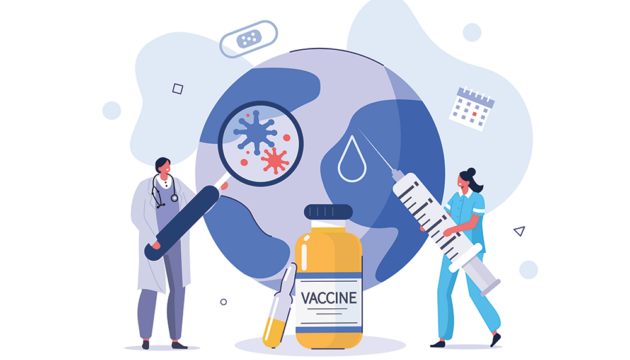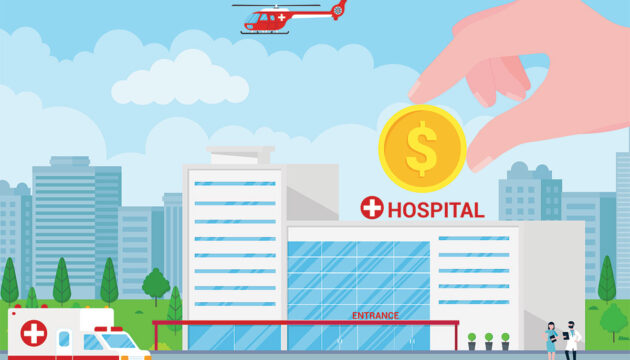Articles
-
Want Lower Obesity Drug Costs? Medicare Holds the Key
Medicare coverage will catalyze market competition
Categorized in -
Comments on CBO Blog Post: “A Call for New Research in the Area of Obesity”
While there are significant data and methodological challenges to be overcome, there are better alternatives to simplistically extrapolating from the real-world data on AOM use that is currently available.
Categorized in -
COVID-19 Vaccination Campaign Saved 2.4 Million Lives
The campaign could have saved about 670,000 more lives had the vaccines been distributed equitably, according to a working paper from the USC Schaeffer Center and Brown University.
Categorized in -
How Long Should Kids Isolate After They’ve Contracted COVID-19?
Children infected with the Omicron variant remained infectious for a median time of three days after testing positive for the virus, according to USC Schaeffer Center and Stanford researchers.
Categorized in -
How the Secrecy of Middlemen Inflates Drug Prices
Drug costs can be driven down if market forces are allowed to target those profits, but first everyone needs to know what is being charged, and by whom to whom.
Categorized in -
Congress Wants a Better Value. So Why Are They Eliminating Performance Based Payment?
Doctors, pharmacists, and even drug company sales reps are all paid based on performance because it incentivizes desired outcomes.
Categorized in -
Applying for the 2024-2025 CeASES-ADRD Pilot Award
Applications are due November 20, 2023.
-
Government And Commercial Insurer Payment Rates to Hospitals: A Commentary on Priselac
Paul Ginsburg discusses how for decades, stakeholders have argued about whether competition or regulation should be the approach to constrain health care spending. By having chosen neither, he argues, our nation now finds itself with a much larger challenge. The magnitude of our health care affordability problem cries out for pursuing both competition and regulation.
Categorized in -
We Can Find Cancers with a Simple Blood Test
As a cancer researcher and a health economist, we’ve seen up close through our lab and consulting work the revolution contained in a blood draw. But cancer detection blood tests aren’t built into annual physicals like standard blood tests, and so far they aren’t covered by insurance.
Categorized in -
Podcast: Jack Chapel on Health Trends in a Shrinking Middle Class
Health Affairs Editor-in-Chief Alan Weil interviews Jack Chapel, a PhD candidate in economics at the USC Dornsife College of Letters, Arts and Sciences, about a new study examining the worsening health and economic trends for Americans with modest resources nearing retirement.
Categorized in









